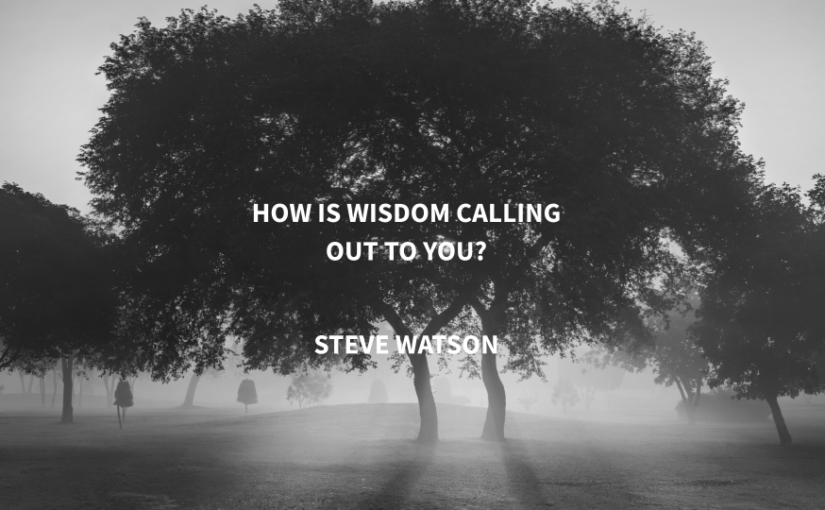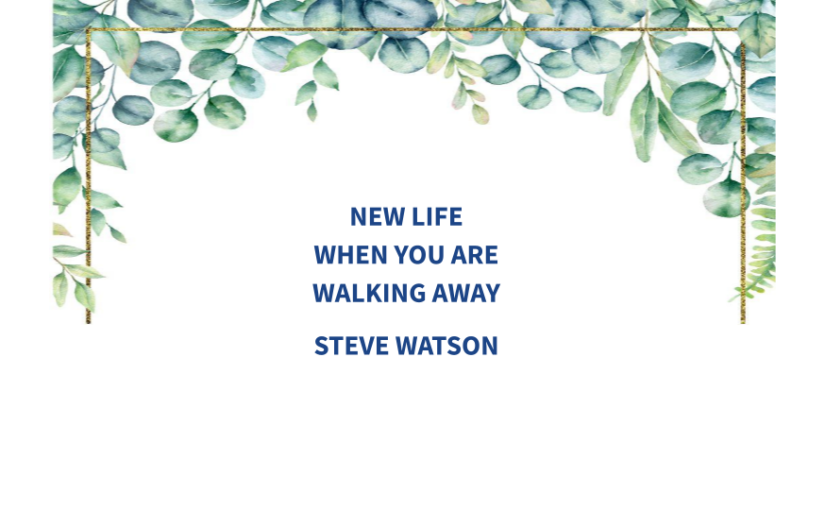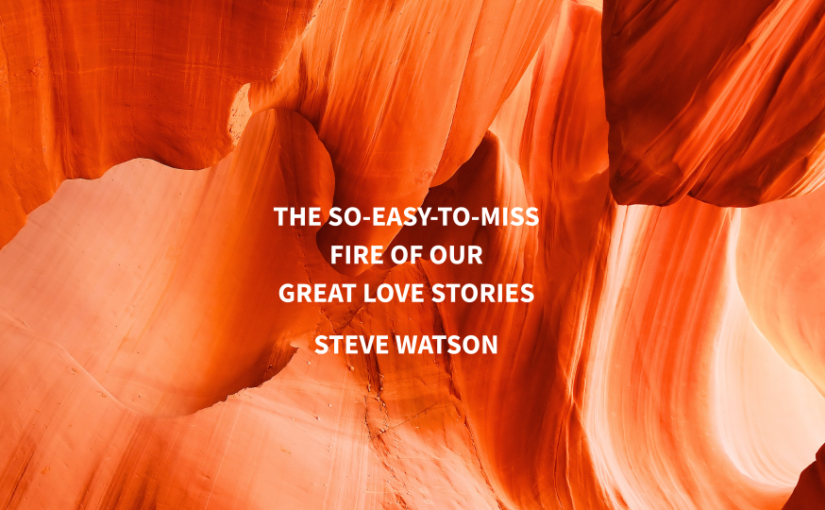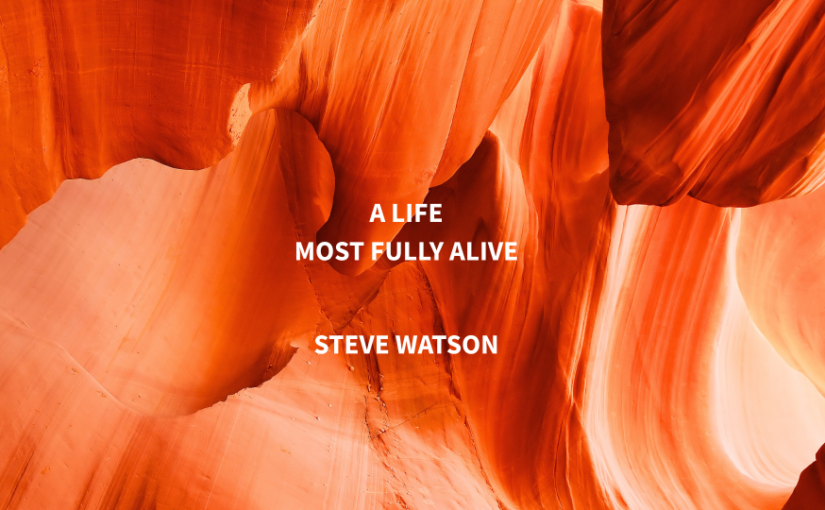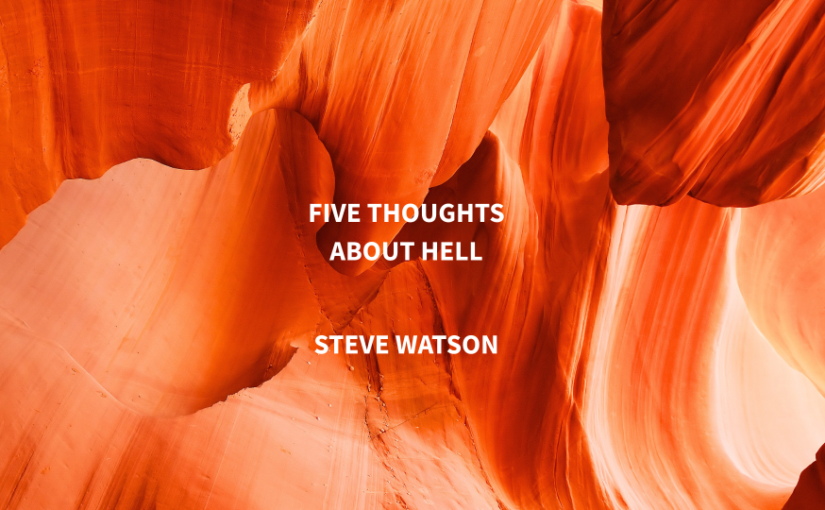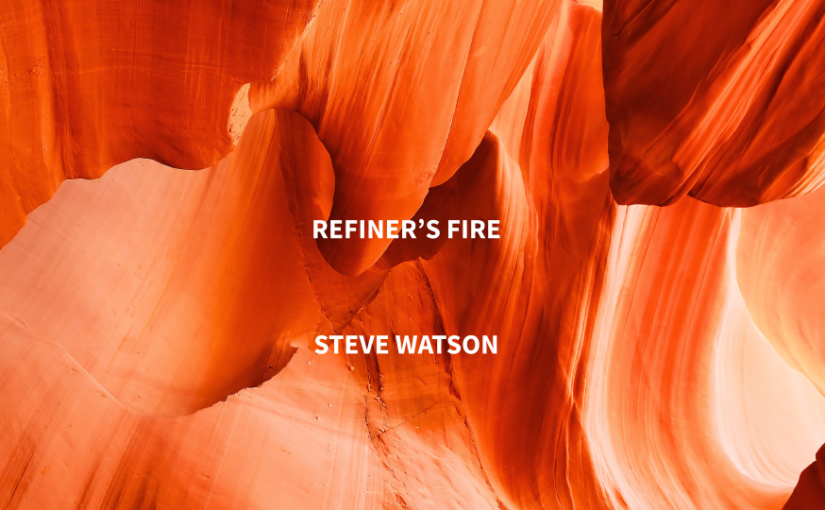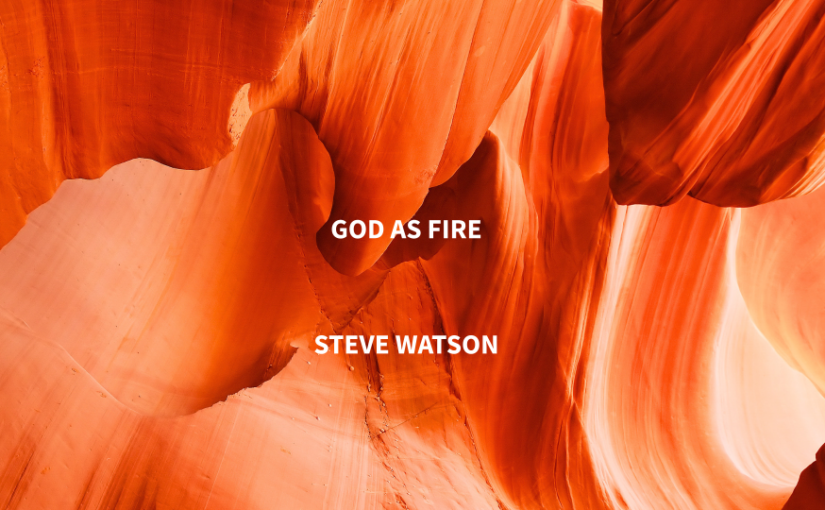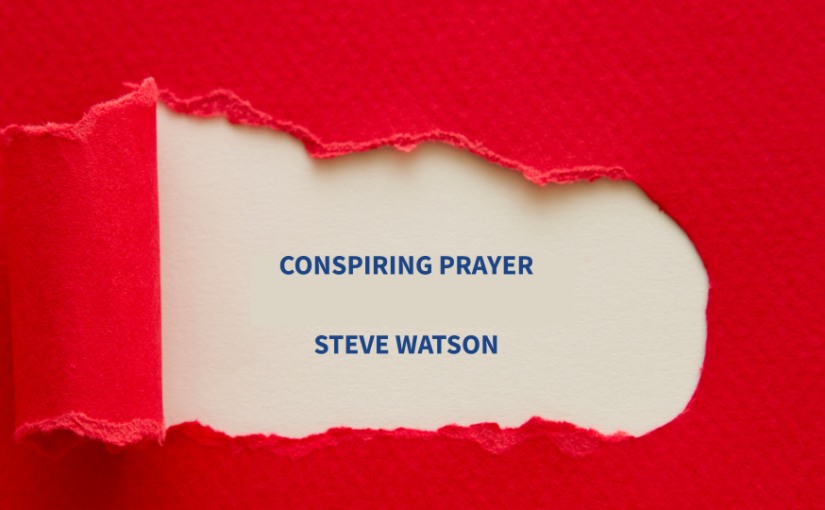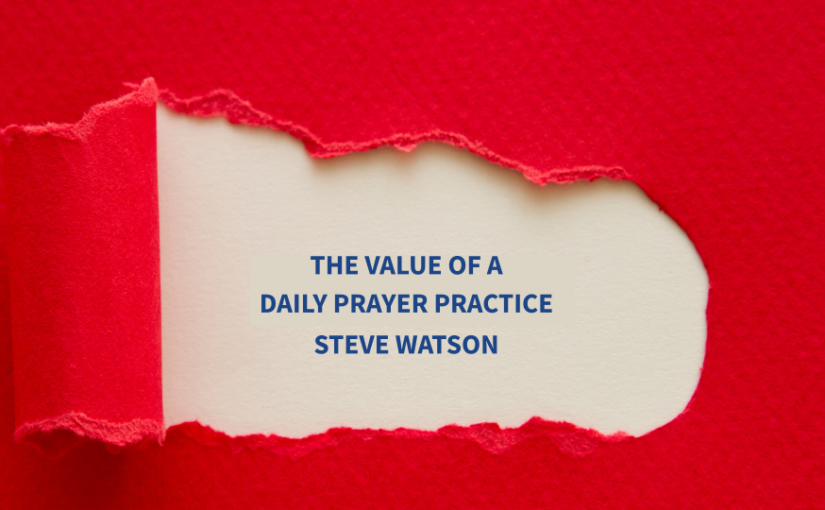In my first month as a high school principal, I inherited a master schedule that was pretty messed up. A lot of kids didn’t have the classes they would need in less than two months. The former administration that had built the schedule were either retired or laid off. And not many people work in schools in July and August. So I had just a few weeks to learn a scheduling software I’d never used before and to fix as much of it as I could.
There was this one central office administrator who knew this computer program and was working during the summer, and it was her job to show me the ropes.
Now I can be a difficult student. I like to learn things really quickly, and I have a million questions, and sometimes I struggle to not interrupt people when I really get focused on something. So a few days into working with Marilyn, the district administrator, and she said to me:
Steve, you’re a damn comet.
I thought she was complimenting me. Comets sound cool. These objects flying through space, looking like they’re stars or on fire or something. And I was pretty sure Marilyn was complimenting me at how fast I was learning and getting stuff done. Comet.
But later I realized I was only like 20% right about this. Because Marilyn was like – it was helpful that you were learning quickly and trying to fix things. But mostly, this is frustrating.
She was like –
You have to slow down. Take a breath. Listen for a while. Slow down, and you’ll learn this thing, and do what you’ve got to do.
I wish I could say I listened to Marilyn’s advice, but I mostly didn’t. I think I tried to convince myself that her whole comet line, which after all she had said “damn comet” and had sounded frustrated when she said it, but still I wanted to think it was a compliment and maybe didn’t listen.
I’d sort of been like this my whole life – that old proverb “haste makes waste” was for other people. When I first got my drivers’ license, I had a number of speeding incidents. And those had cost me money, but never an accident, so maybe it was fine. When I learned to ski, I liked to fly and take jumps and all and I had some spectacular crashes, but no permanent damage, so again, maybe it was OK.
I’ve been a bike commuter most of my adult life, and at that point, my habits on the bicycle were kind of embarrassing. I rode fast, I was really hit or miss about following traffic rules, and when I couldn’t find my helmet now and then, I just rode without it.
I thought I didn’t need this wisdom, because I was a damn comet, and it was working out OK.
Well, later in that same first year as a principal, I was biking home from work one day. And that was one of the days I was riding without a helmet, because I was rushing to get to work early and couldn’t remember where I’d left it. I was also talking on the phone while I was riding because a student at the school had been getting in trouble, and their dad was an important person on the school committee, and this was kind of an awkward situation for everyone, so I was trying to talk it through with this frustrated dad who was also more or less one of my boss’ bosses, and that made things urgent.
I wasn’t biking all that fast, but I was on the phone and not paying attention, and I hit a patch of sand left over from the winter storms and started to lose control of my bike. I don’t remember what happened next. Except that I was on the ground, and my head hurt like hell, and I reached back and it was wet and red. I tried to get up and start walking in the direction of my house, and someone walking by yelled at me not to do that and grabbed and started directing me toward the emergency room of the hospital which I was right in front of when I crashed and split my skull open in a couple places.
A few staples and a concussion recovery later, and I thought:
Maybe haste makes waste. Maybe I have to learn to slow down.
So like 14 years later, maybe my head’s not 100% right anymore, and I still rush into action sometimes, but I’m trying.
Because if you want to reach old age, and you want to not keep getting concussions, you eventually need to listen to wisdom.
Learning wisdom is what makes our lives work. Like however talented we are or not, however attractive, however so-called smart in different ways, our lives don’t work if we don’t grow in wisdom.
They get stuck. Or they fly off the rails, Or we self-sabotage again and again. And the catch all word for the stuff we learn – not just here, in our head – but in our hearts, in our bodies, in our whole selves – the stuff we learn that makes our lives really work well, that’s wisdom.
And that’s what we’ll talk about in our sermons from now through when summer starts on Memorial Day – what makes life work, as we read together some of this part of the Hebrew scriptures, the Bible’s Old Testament, that is called the wisdom literature.
The centerpiece of this wisdom literature in the Bible is a collection of all kinds of earthy advice that’s called Proverbs. We’ll read part of its first chapter today. It starts like this:
Proverbs 1:1-7 (Common English Bible)
The proverbs of Solomon, King David’s son, from Israel:
2 Their purpose is to teach wisdom and discipline,
to help one understand wise sayings.
3 They provide insightful instruction,
which is righteous, just, and full of integrity.
4 They make the naive mature,
the young knowledgeable and discreet.
5 The wise hear them and grow in wisdom;
those with understanding gain guidance.
6 They help one understand proverbs and difficult sayings,
the words of the wise, and their puzzles.
7 Wisdom begins with the fear of the Lord,
but fools despise wisdom and instruction.
This here is like a title or an introduction. It says these proverbs will teach us what is righteous, just, and full of integrity. What will make us less naive, and more mature. Which sounds old-fashioned maybe or religious, or maybe condescending. But I think the wisdom literature is here to help us develop lives that work. That go about things the right way, that are fair and equitable, that help us be the same, trustworthy person no matter where we are or who we’re with.
It’s like Marilyn saying to me –
try and stop being such a damn comet.
You’ll burn up, or crash, or just be annoying to work with. That was true. And that won’t do you or anyone else any good.
Try wisdom.
This ancient near eastern tradition of wisdom literature is really old. The earliest Babylonian wisdom literature was mostly about magic and exorcism. It was like in a weird and scary world, how do you master the power to be less vulnerable and more in control?
But over time, wisdom literature in these ancient cultures shifted to be less superstitious and more practical. So that wisdom literature became like the self-help material of these cultures – it was about the art of being successful. About life mastery, growing a life that works.
Wisdom literature started to focus on the important, practical matters of life that our schools don’t always teach. Like how do you develop the character of a trustworthy, dependable person? How do you get some wealth but not have it ruin you? How do you not be the kind of person that doesn’t derail your own life, whether by accidents caused by your own foolishness, or by blowing up your friendships or your marriage, or by being unable to commit to things for the long haul, or just otherwise being a fool? How do we keep growing into a life that works?
Proverbs wants to help with this.
But it’s not just self help. Because that’s not how growth works. We don’t do it alone. We need each other, and we need the wisdom that came before us. We need the wisdom of our teachers, the wisdom of our elders, the wisdom of our ancestors, and the wisdom of God, our creator.
This is where wisdom starts, Proverbs says, by slowing down and listening. It starts with respect for what came before us. It starts with the kind of humility and awe that makes us want to listen. This is the kind of attitude Proverbs calls the fear of God. Admitting we’re small, and listening.
Where do you start, though? And what does wisdom sound like?
Let’s see where Proverbs starts as we keep reading.
Proverbs 1:8-19 (Common English Bible)
8 Listen, my son, to your father’s instruction;
don’t neglect your mother’s teaching;
9 for they are a graceful wreath on your head,
and beads for your neck.
10 My son, don’t let sinners entice you.
Don’t go
11 when they say:
“Come with us.
Let’s set up a deadly ambush.
Let’s secretly wait for the innocent just for fun.
12 Let’s swallow up the living like the grave —
whole, like those who go down into the pit.
13 We’ll find all sorts of precious wealth;
we’ll fill our houses with plunder.
14 Throw in your lot with us;
we’ll share our money.”
15 My son, don’t go on the path with them;
keep your feet from their way,
16 because their feet run to evil;
they hurry to spill blood.
17 It’s useless to cast a net
in the sight of a bird.
18 But these sinners set up a deadly ambush;
they lie in wait for their own lives.
19 These are the ways of all who seek unjust gain;
it costs them their lives.
So we read this in my community group the other Saturday and it seemed funny to some of us. Proverbs talks itself up as this well of wisdom, and then as it gets going, we listen in on a parent sitting down their kid for a huge life lesson, figuring we’re going to start with the most important stuff, what we all need to know.
And get this advice – don’t join in with the local street gang. Like don’t jump into the next band of armed robbers that appear. Which, fine, maybe good advice for your kid, but really, is this the thing we most need?
I mean I have made my share of mistakes, but I have never set up a deadly ambush just for fun. I promise. I mean when I’ve done it, it’s been for other reasons, I swear, not just for fun. And my three kids – they have their problems. But we never sat them down before school and were like today, please, do not rob your classmates and share your plunder with us. And please, today, do not spill blood.
On the surface, it seems basic. Is this all that Proverbs has got?
But then as we talked, we were like, hold on, the schools we went to were full of bullying, groups of kids ganging up on someone they thought was weaker or different. And our kids’ schools are like that still, where people get bullied, just for fun.
And aren’t there other ways that when people just go with the flow around us, our schools or our workplaces remain toxic, or our communities remain unwelcoming and inequitable, like the dances some of our suburbs are playing right now to try to skirt the law and keep from building more housing.
See this is another way that Proverbs isn’t self-help literature. Because like all the best wisdom literature, it isn’t just personal, it’s collective. We rise and fall together. If one of us is getting wiser, if God is doing something good in our lives, the sign isn’t so much that we think our life is getting better, it’s that the people around us think this.
And the more I read this first bit of wisdom with this in mind, that it’s not just private, personal advice, the more I’m like I wish any of our societies would slow down and listen.
- Would the explorers that traveled from Europe to these lands I’m on today have wondered – what can I learn from who’s there already?
- And what can I share?
- And how can we do something together?
Instead of running their feet to evil and becoming extractors and enslavers and using my faith to justify it all.
- Or would that when this country I’m a citizen of started emerging as the wealthiest, most powerful country in the world when my grandparents were young, what if we hadn’t decided to become the world’s biggest arms dealer, thinking might makes right, and rushing to spill blood?
- What if we’d just focused on being a food dealer, or a love dealer, or a justice collaborator instead?
I think this ancient wisdom still speaks. It can still still tell us the truth about ourselves. And I still think it’s urgent that we listen.
Because our lives are at stake. I love the wisdom here that people who seek unjust gain, the ultimate harm is it costs your life – not just other people’s lives, but your own life.
Get caught up in violence and extraction and just looking out for you and your own and not others, and you’ll lose yourself.
What will it cost us,
Jesus said,
if we gain the whole world but lose our souls?
Having pastored and counseled people reckoning with serious harm they’ve done, this is true. The harm we do comes back to eat us alive.
And living in this country with decades of innovation and power and wealth and success behind us for some of us at least, I think man if America isn’t soul-sick and defensive these days? Something has cost us our life.
So in walks wisdom to the room saying don’t neglect your mother and father’s teaching. Listen to your elders. Listen to your ancestors. Listen to God.
And then we don’t get laws per se, instead we get a set of stories and a ton of earthy advice.
How do we personalize this, knowing what’s for us? And how do we really take it in? How do we not be like me, when someone tells us we’re moving too fast and mistake the warning for a compliment?
Where do we start?
I think the end of this passage gives us something to take away today.
Proverbs 1:20-23 (Common English Bible)
20 Wisdom shouts in the street;
in the public square she raises her voice.21 Above the noisy crowd, she calls out.
At the entrances of the city gates, she has her say:22 “How long will you clueless people love your naïveté,
mockers hold their mocking dear,
and fools hate knowledge?23 You should respond when I correct you.
Look, I’ll pour out my spirit on you.
I’ll reveal my words to you.
Proverbs insists that not only does wisdom speak, she is shouting in the street, calling out above the noisy crowds. Wisdom is personified in Proverbs as a woman. Later the gospel of John says that Jesus was Lady Wisdom come to life. It says that eternal Logos – the wise Word of God – became flesh and dwelt among us. And so in the Christian tradition, Wisdom is always personal. It’s never a set of facts we learn. And it’s kind of gender-bending. Wisdom is the wisest of women who beckons us to sit at her feet. And wisdom is Jesus Christ, son of the living God, who invites us to follow him. And wisdom is the androgynous, beyond gender, Holy Spirit of God who is the truth-telling voice both without and within.
And so we may wonder: If wisdom is a woman shouting in the street, and if wisdom is the truth of Jesus the word of God, and if wisdom is the Spirit of God seeking to speak life-giving truth to us still, what is wisdom saying to us? What is wisdom saying to you?
One way to start to answer this question is to ask –
what has life been trying to teach us recently, whether or not we’ve been listening.
What truth is crying out to you, to make your life work better, for you and for others?
For me, it’s not so much the haste makes waste thing. I don’t derail my life this way so much anymore. Maybe sometimes, but not as much.
But last year, when I was gifted some time off by this community, in the form of a sabbatical, there was a course-correcting wisdom that came my way. The word I learned is called Enclosure.
I stayed in a monastery a couple times during my sabbatical, and there an enclosure is the place where the public can’t go. It’s the private space, sacred to the monks or nuns that live there permanently. Where they preserve the way of life to which they are called.
And for me, enclosure has become this metaphor for the sacred commitments in my life that I am called to, that make my life work. And over the past several months, I’m thinking more and more about the people and habits and commitments that form the core of my life, and that I don’t let anyone or anything interrupt.
As a person who has tended to want to YES to everything that interests me in life, I’m learning that the small set of people and things I say yes to needs more protecting, and that has meant working on saying NO a little more often too. And that’s taking a lot of practice for me, but man if it isn’t important, and protecting me from regret down the road, I believe.
That’s me, though. You may be in the opposite place today – the kind of person who’s been saying NO too often and needs to learn more YESes. I don’t know. So my encouragement today isn’t to do any particular thing in your life, but to ask:
What has life been trying to teach me?
Where is Wisdom crying out to you with her fierce and gentle voice
What’s calling to you?
We’ll ask this repeatedly in the weeks to come, but perhaps we can close by taking a quick minute on this…
- How is the Spirit of God trying to lead you toward a more healthy, abundant life?
- How is Lady Wisdom crying out to you, with her voice of encouragement or correction?
- If you could sit at a table today with your ancestors assembled, or perhaps even with the living God, what observations might they make about your life? What might they have to say?


